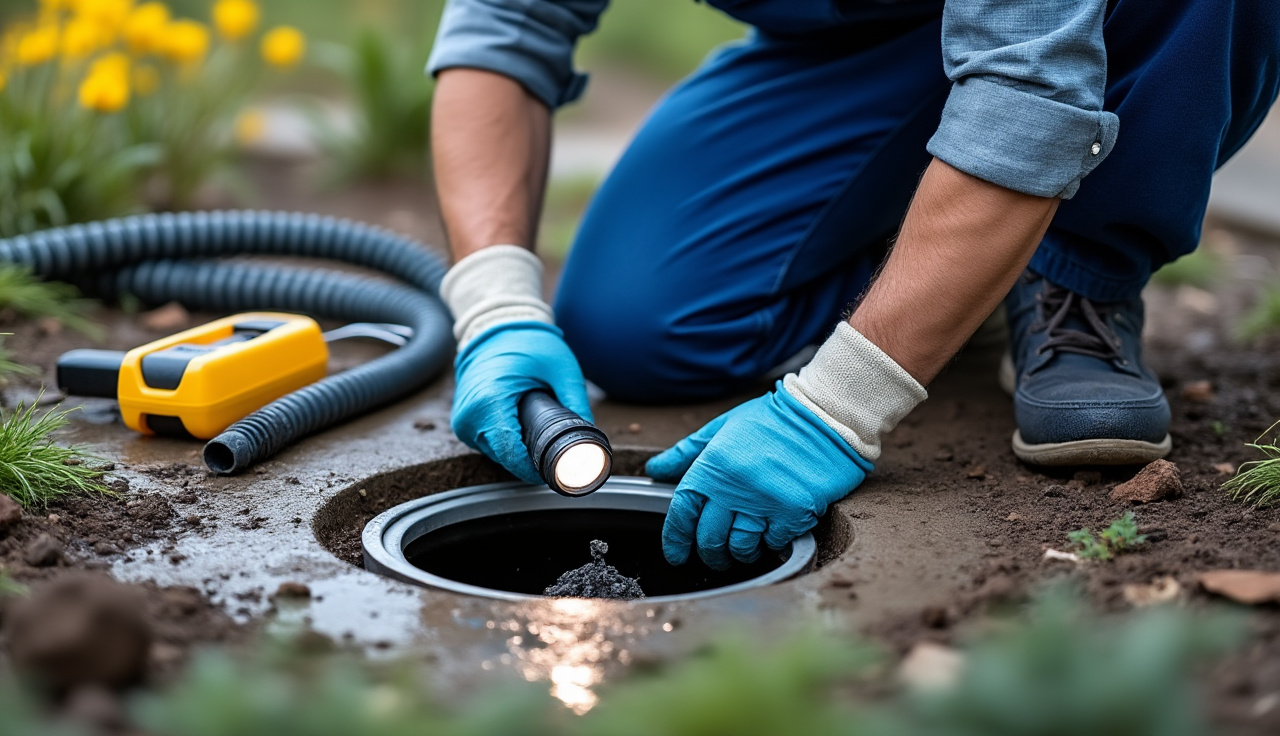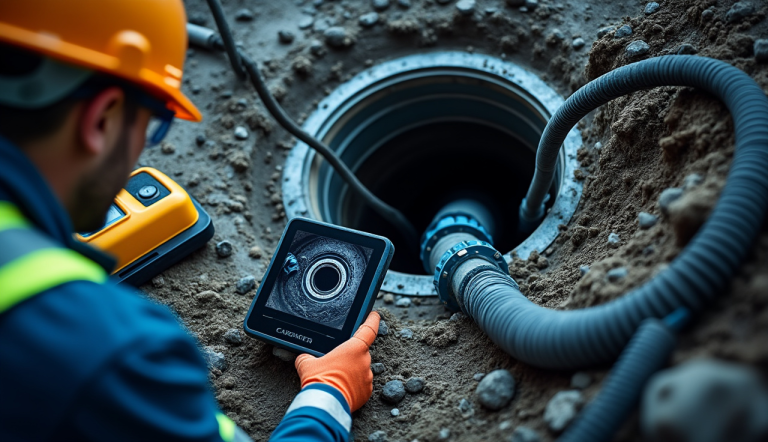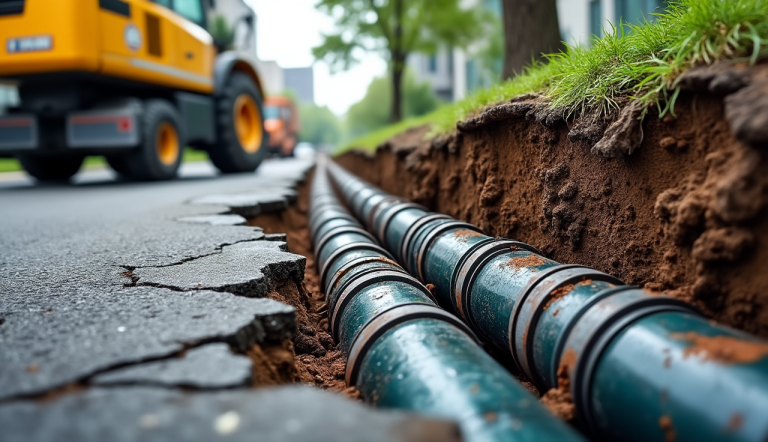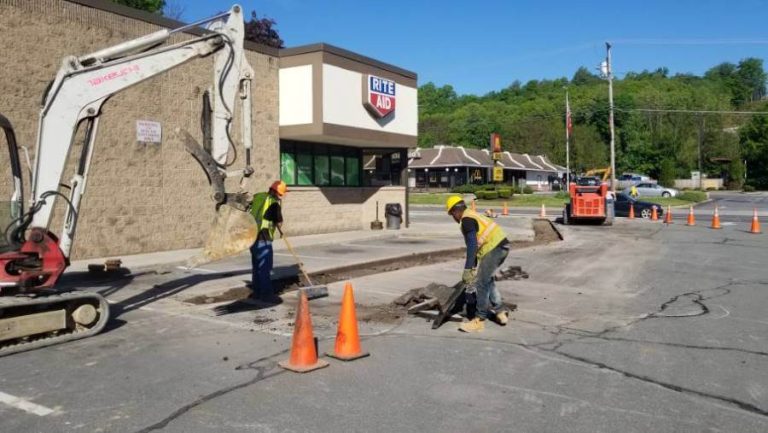How to Detect Clogs in Your Sewer Line: Essential Tips for Swift Resolution
Clogs in your sewer line can cause big problems. They can lead to backups, bad smells, and even costly repairs. Knowing how to spot these clogs early can save you time and money. This guide will help you understand the signs of sewer line clogs so you can deal with them quickly.
Table of Contents
Key Takeaways
- Watch for multiple drains backing up in your home.
- Pay attention to strange smells or noises from your plumbing.
- Be alert to slow drains that do not clear properly.
- Regular maintenance can help prevent major clogs.
- Know when to call professionals for help.
For regular maintenance and inspections of your plumbing systems, consider scheduling septic system inspections to catch potential issues before they escalate.
Understanding How to Detect Clogs in Your Sewer Line
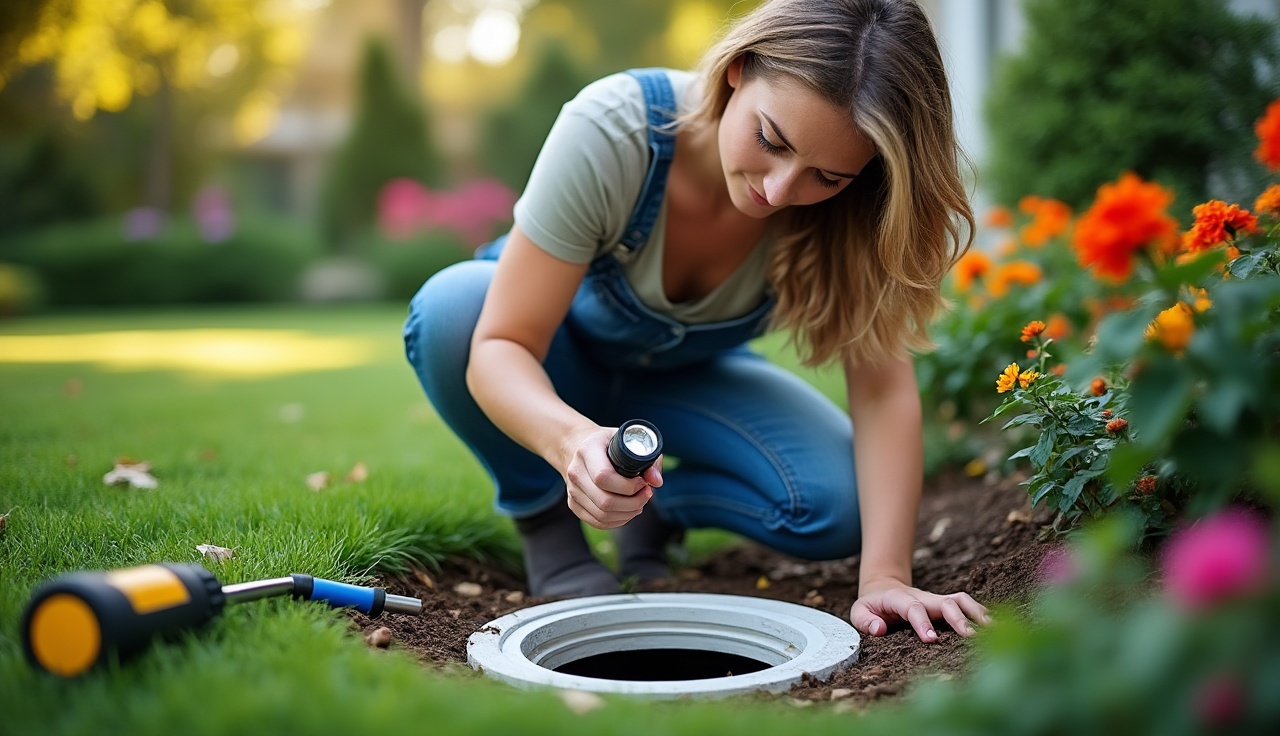
Common Causes of Clogs
There are many reasons why sewer lines can clog. Here are a few common ones: – Grease: Cooking oils can build up in pipes. – Hair: Long hair can create blockages in drains. – Flushable Wipes: Many wipes do not break down like toilet paper. – Tree Roots: Roots can grow into pipes, causing blockages.
Clog Statistics
| Cause of Clog | Percentage of Occurrences | Recommended Action |
|---|---|---|
| Grease Build-up | 40% | Avoid pouring grease down the drain |
| Hair | 30% | Use hair catchers in drains |
| Improper Flushing | 20% | Only flush toilet paper |
| Tree Roots | 10% | Regular inspection and maintenance |
Signs of a Clogged Sewer Line
Here are some signs that you might have a clog in your sewer line.
Multiple Drains Backing Up
If more than one drain in your house is backing up, this is a big sign. Maybe your kitchen sink, bathroom sink, and bathtub are all slow to drain. This is often a sign of a clog in the main sewer line.
Water Backing Up in the Floor Drain
If you see water rising in the floor drain when you flush the toilet or run water, this is not normal. It means the sewer line may be clogged.
Strange Smells
Bad smells from your drains can indicate a clog. If you notice a foul odor coming from your sink or bathroom, it’s time to check for clogs.
Gurgling Sounds
Do you hear strange gurgling sounds when you use your sink or shower? This can mean air is trapped in your pipes due to a clog.
Slow Drains
If your drains are slow to empty, this is another warning sign. It might just be a small clog, but it can grow if not addressed.
- Check for common clog signs:
- Multiple drains affected
- Gurgling or bubbling noises
- Unpleasant odors
- Slow drainage across various fixtures
What to Do if You Suspect a Clog
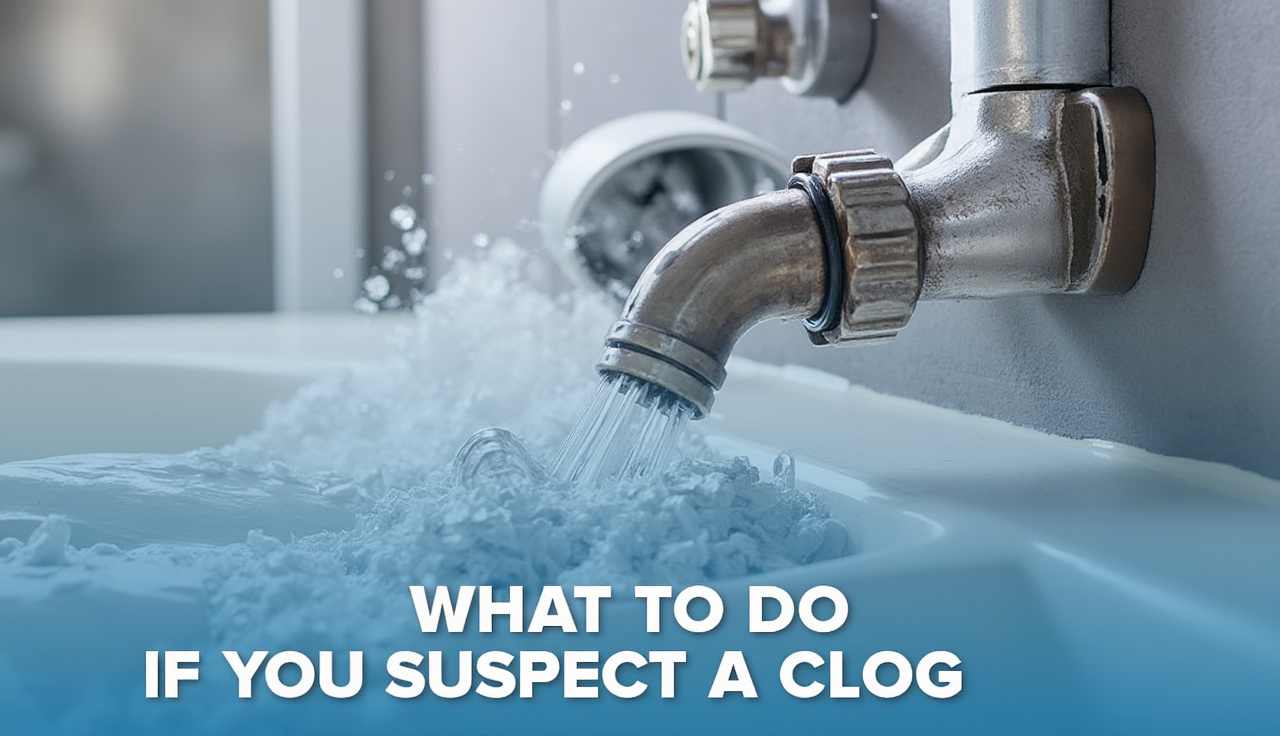
If you think you have a clog, don’t panic. Here are some steps you can take to handle the situation.
Identify the Source of the Clog
Start by checking which drains are affected. If many drains are slow, it’s likely a sewer line issue. If only one drain is slow, it may be a local clog.
Use a Plunger
For smaller clogs, a plunger can be very useful. Make sure to cover the overflow drain if you can. This will help create better suction.
Try Baking Soda and Vinegar
You can mix baking soda and vinegar to help clear small clogs. Pour half a cup of baking soda down the drain, followed by half a cup of vinegar. Let it sit for a while and then flush it with hot water.
Use a Drain Snake
If the clog is serious, a drain snake can help. This tool can remove stubborn blockages deeper in the pipes.
When to Call a Professional to Deal with Tough Clogs

Sometimes, a clog is too big to handle on your own. Here are some signs you need professional help:
Persistent Backups
If you keep having backups after trying to clear them, it’s time to call a plumber. They have tools to deal with tough clogs.
Strange Noises
Loud gurgling or banging noises may mean there’s a serious problem. A plumber can help find the cause and fix it.
Bad Smells
If you smell sewage, it’s a sign of a serious clog. You should call a professional immediately.
Water Damage
If you notice water seeping into your home, this could mean a sewer line issue. Get help fast to avoid further damage.
If you encounter persistent issues, consider scheduling a septic tank filter inspection to ensure everything is functioning properly.
Preventing Future Clogs
Here are some tips to prevent clogs in your sewer line:
Regular Maintenance
Schedule regular inspections of your sewer line. This can help catch problems early.
Be Careful What You Flush
Only flush toilet paper and human waste. Avoid flushing wipes, hair, and food.
Dispose of Grease Properly
Never pour cooking oils down the drain. Instead, let the grease cool and throw it away in the trash.
Keep Trees Away
If you have trees near your sewer line, consider trimming the roots. Roots can invade pipes and cause clogs.
Clog Prevention Summary
| Prevention Method | Description |
|---|---|
| Regular Inspections | Schedule yearly or bi-yearly checks |
| Proper Waste Disposal | Only dispose of suitable items in drains |
| Avoid Flushing Non-Biodegradables | Limit what goes down the toilet |
| Root Management | Trim or remove nearby trees |
Conclusion
Detecting clogs in your sewer line early can save you a lot of trouble. Look for signs like multiple drains backing up, strange smells, and slow drains. If you notice these signs, take action quickly. Whether it’s using a plunger or calling a professional, addressing the issue early can prevent bigger problems later.
If you need help with sewer line issues, don’t hesitate to reach out to United Sewer & Septic. We have the tools and experience to keep your sewer lines clear. Protect your home from clogs and keep your plumbing running smoothly.
Remember, regular maintenance and proper disposal of waste can go a long way in preventing clogs. Stay vigilant, and your sewer lines will thank you!

